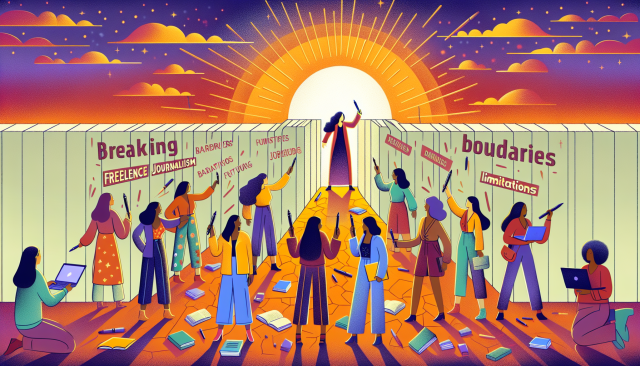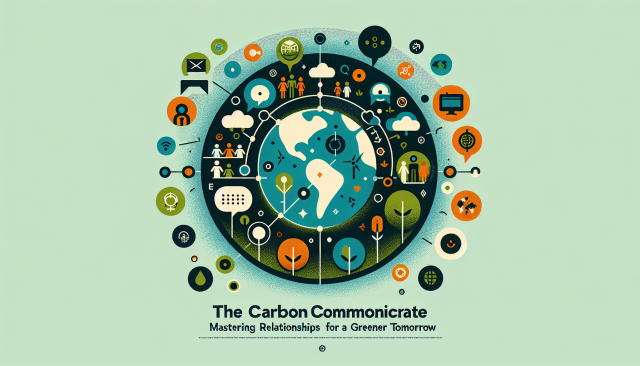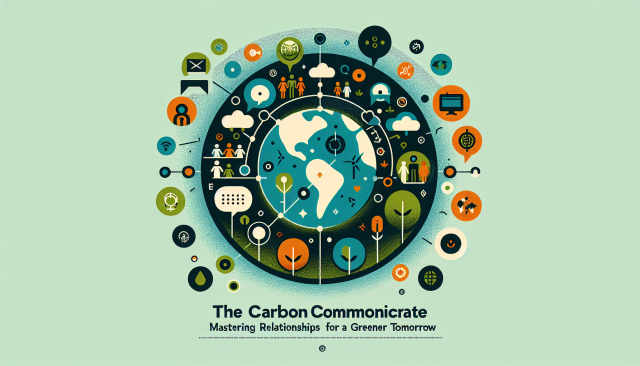Women in Journalism: Catalysts of Change and Culture
Women in Journalism: Catalysts of Change and Culture
In the ever-evolving landscape of media, women have emerged not only as storytellers but as powerful shapers of public opinion. As we celebrate Women’s History Month, it’s important to acknowledge and explore the profound impact of women journalists on healthy-culturea subject of immense relevance to the Auditors and Advisor Professionals community.
The Legacy of Leadership
Women have long played pivotal roles in journalism, often advocating for truth and justice in their unique and compelling voices. Historically, figures like Nellie Bly and Ida B. Wells broke barriers by exposing injustices and pushing for reform. Their legacy of leadership laid the groundwork for generations of women who continue to redefine journalism with courage and authenticity.
Narratives That Resonate
Today, women journalists stand at the forefront of powerful narratives that resonate deeply with diverse audiences. They bring empathy and rigor to their reporting, bridging gaps and fostering understanding in a world often divided by misinformation. By crafting stories that speak to the heart of societal issues, women in journalism shape the cultural consciousness in ways that promote unity and healthy discourse.
Challenging the Status Quo
Women in journalism do not merely report facts; they challenge the status quo. They push for transparency and accountability, holding the powerful to account. Their investigative work often sheds light on issues that require urgent attention, from environmental crises to social justice movements, stirring public opinion towards action and change.
Creating Inclusive Spaces
One of the most significant contributions of women in journalism is their role in promoting inclusivity. By amplifying marginalized voices and telling stories that might otherwise go unheard, they foster a culture of empathy and awareness. This inclusivity is critical for auditors and advisors, as it aligns with the core values of transparency and ethical practice in the professional sphere.
The Future is Female
As we look to the future, the influence of women journalists will continue to grow. Their participation in media not only enriches the field but also sets standards for excellence and integrity. For auditors and advisors, supporting and recognizing the work of women in journalism is an investment in a healthier, more informed, and balanced society.
In conclusion, celebrating women’s contributions to journalism is not merely an acknowledgment of their past achievements but a recognition of their ongoing impact. As catalysts of change and culture, women journalists play a crucial role in shaping public opinion, ultimately contributing to a more just and equitable world. This Women’s History Month, let us honor their work and commit to fostering a culture that values diversity and integrity.































